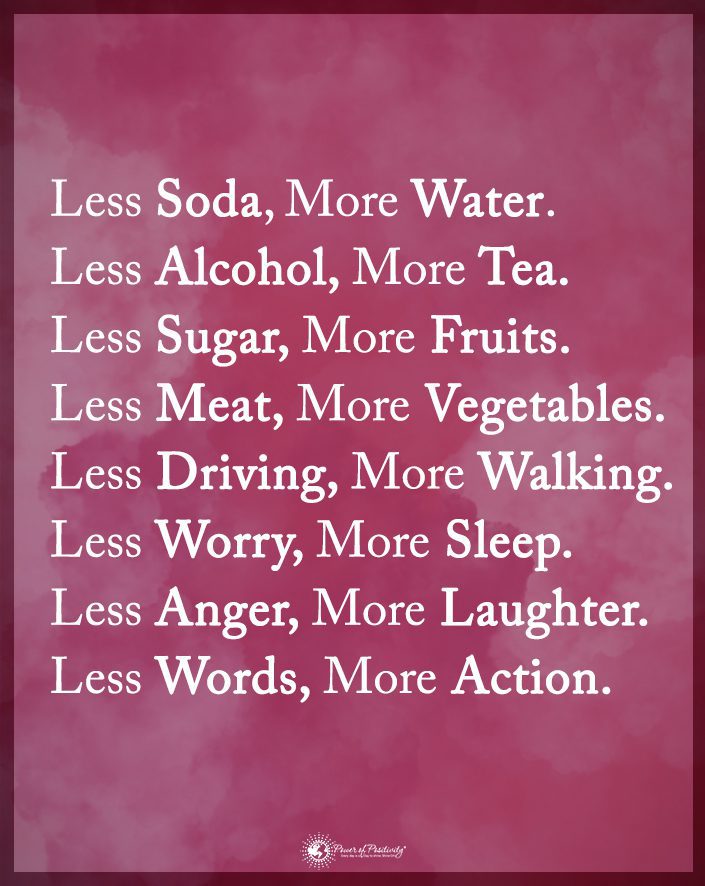Do you grab a cookie or two or three for comfort during a stressful day? It’s a common problem for many people. Stress eating is emotional eating. It’s a way to cope when you’re under stress. It usually has nothing to do with actual hunger, but you seek comfort when you feel sad or in a difficult situation. You may want to stop stress eating but feel stuck in this habit. Here are twelve tips nutritionists say can help break your stress eating habits.
Stress Eating Is Common
You might feel you’re the only person who grabs a bag of potato chips when you’re stressed, but it turns out you’re not alone. Studies show that roughly 40% of adults in the United States eat food when stressed. This intake means excess calories and weight gain. If you struggle with stress eating, here are some ways nutritionists say you can break your stress eating habit.
What causes stress eating?
Stress causes emotional responses. Stressful experiences include the following:
- Personal conflict
- Loss of a loved one
- Unemployment
- Illness
- Drugs
- Food deprivation
Even so-called “good” stress causes you to eat more. Researchers say that women are more likely to turn to food when stressed, while men are more prone to turn to tobacco or alcohol when under stress. Obesity is more common in women because of stress eating than for men.
Nutritionists Reveal Twelve Tips to Break Your Stress Eating Habit
Here are twelve changes that can help you free yourself from snacking when you feel overwhelmed.
1 – Meditation
Some forms of meditation help lower your stress. Plus, meditation causes you to be more mindful of what you’re eating. Pay attention to what you’re doing the next time you feel tempted to grab a bag of chips because of stress. Take a deep breath and stretch. Meditation increases relaxation and reduces your impulse to eat when you feel stressed.
2 – Exercise
Your stress comes from work, home, financial pressure, health issues, relationships, and other life situations. Anything you go through may produce stress. Regular exercise blunts the effects of stress. Getting your body moving releases chemical changes in your brain that help you feel happier. If you think you don’t have time to go to the gym, don’t worry. You can find exercises that don’t require a gym membership, such as the following activities:
- Walking
- Riding your bike
- Gardening
- Jump rope
- Cleaning your house
- Running up and down your stairs at home
When the temptation to snack hits because you feel stressed, try taking a quick walk around your block.
3 – Drink lots of water
Sometimes when you think you’re hungry, you’re thirsty. It’s essential to drink water during the day to stay completely hydrated. Adults should drink at least 4 to 6 cups of water a day. What are the benefits of staying hydrated?
- Water carries oxygen and nutrients to your blood cells
- Water helps flush out bacteria in your bladder
- It aids your digestion
- It prevents constipation
- Helps regulate your blood pressure
- Cushions your joints
- Helps stabilize your heartbeat
- Protects your tissues and organs
- Helps regulate your body temperature
- Maintains your electrolyte balance
The next time you’re tempted to grab an unhealthy snack, reach for a glass of water. Squeeze a little lime or lemon into the chilled water for an extra flavor boost.
3 – Social support can ease stress eating
Is stress eating your little secret? It’s humbling to admit it, but you’ll be surprised how others struggle with similar issues when you tell others about your eating stress. It’s easier to break the habit if you have someone to talk with about your feelings. You can text or message them when you’re feeling stressed. Or you can find a support group with people who struggle with stress eating habits. Having people to talk with gives you hope for change to break the habit.
4 – Keep a food journal
Many people suggest keeping a food journal to break your stress-eating habits. Stress eating is mindless eating. When you write every bit of food, you eat in one day. You’ll be surprised how long the list is! Keep a food journal for one week. Then review the times of the day when you stress ate. Was it when your kids left for school? When you get home from work? A food journal reveals patterns and bad habits. This gives you a better understanding of yourself and when you need to be on guard against stress eating.
5 – Know your stress eating triggers
Do you know your stress triggers? Everyone is different, and they find other things stressful. A better understanding of what triggers your stress levels helps you not give in to stress eating. You’ll be able to identify the circumstances and prepare yourself to either avoid the situation or avoid eating because of it.
6 – Beware of boredom
Do you stress eat because of boredom? Boredom is a feeling of being dissatisfied or restless. When you feel unchallenged, you feel bored. When you’re feeling bored, food is an escape. It helps you cope with your feelings by distracting you. Consistent boredom is associated with eating disorders. Come up with strategies to fill your time when you’re bored, so you’re less apt to stress eat.
- Take a walk: Walk for fifteen minutes to pass the time–take your dog along with you, too.
- Knit or crochet: These crafts keep your hands busy. They’re easy to pick up or put down, so you knit a few stitches if you’re bored.
- Pick up your phone: Chat with someone you know who needs cheering up.
- Play a game: Find a puzzle or game you enjoy and play it when you feel bored.
- Paint by number: Perhaps this sounds like something your grandmother did, but paint-by-number kits have come a long way. Check out the latest ones online or at your local arts and crafts store.
7 – Stick with healthy snacks
Try to make better food choices for your snacks. Swap out some juicy apple slices dipped in almond butter instead of chips or ice cream. Stress eating leads to poor nutrition and weight gain. Avoid foods that are predominately sugar. Instead, choose protein-rich snacks such as the following:
- Cheese sticks
- Vegan cheese or plant-based chicken
- Smoked tofu warmed up and served on gluten-free crackers
- Popcorn topped with parmesan cheese
- Celery dipped in peanut butter
8 – Intuitive eating
Intuitive eating is sometimes called mindful eating. It means you are attentive to what you’re eating and why you’re eating it. You listen to signals in your brain and your gut. Listening to your natural clues helps you determine when you’re having a craving or need to eat something. You can say “no” to your desires because you’re basing your decision on your signals rather than stress or your emotions.
9 – Remove tempting foods
Having high-calorie, sugary foods in your home sets you up for failure. It’s easy to slip into stress eating when you have unhealthy snacks at your fingertips. Remove tempting foods like candy, cookies, and chips. Of course, there’s nothing wrong with a sweet treat once in a while, but try to make it a healthy substitute, such as:
- Nuts or seeds
- Frozen blueberries, raspberries, and blackberries
- Strawberries
- Mango chunks
- Pineapple chunks
10 – Get a pet
What does a pet have to do with stress eating? Plenty. Pets improve your life. Owning a dog or cat lowers your stress. When you play with your pet, it causes your brain to release serotonin and dopamine. These chemicals make you feel happier. Your furry friend forces you to get outside for walks. Plus, owning a dog is a great way to meet your neighbors because everyone wants to meet your little buddy. One study found that people experiencing stressful situations recover better when they have a pet. So, if you’re going to break your stress eating habit, maybe it’s time to find a furry friend.
11 – Don’t restrict your eating
One thing that nutritionists suggest is to not strict about eating. Overly strict eating leads to binge eating of high-calorie foods or overeating. Restrictive diets seem like a good way to stop stress eating. However, it rarely breaks the habit. It’s an ineffective way of weight loss and can trigger stress in your body.
12 – Understand the timing of your stress eating
It’s thought that stress eating happens at certain times of the day. For instance, the afternoon or evening is a high-risk time for people to overeat. When you add stress into the mix, it creates a recipe for binge eating. Pay attention to your snacking habits. Do you overeat in the afternoon when you’re bored? Or tired? Figure out when you’re more likely to snack compulsively. Come up with healthy snack ideas and stick to a specific time to eat those snacks.
Final Thoughts on Breaking Your Harmful Stress Eating Habit
Stress eating relies on food to comfort yourself when you’re feeling sad or having a hard day. It’s a common problem; women fall into this habit more than men. If you try to cope with stress eating, hopefully, these tips break you free of your stressful eating habit. Don’t be too hard on yourself. You’re not alone in your effort to break your stress eating.

















 Community
Community

